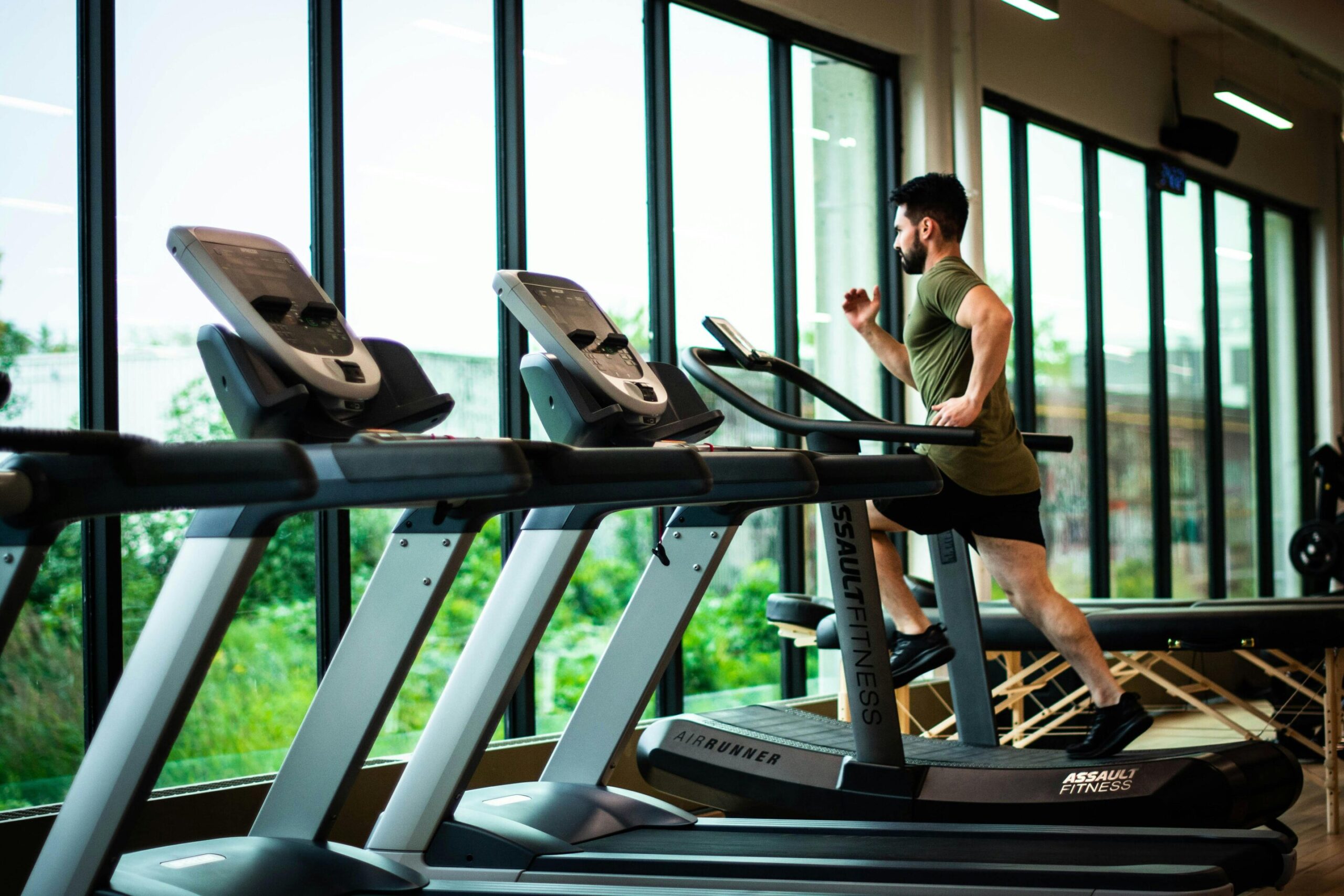Health
Being a “weekend warrior” can be just as good for brain health as exercising all week

Credit: William Choquette from Pexels
With the responsibilities of adulthood, free time can be a scarce resource. Many of us wonder, “I barely have time to cook. How can I find time to exercise regularly during the week?”
The health benefits of exercise, including a reduced risk of chronic diseases such as heart disease And dementia– can seem out of reach due to the pressures of work and life.
Only one new study published in the magazine Nature aging offers good news for people who have trouble fitting regular exercise into their weekday schedule.
The findings suggest”weekend warriors“—those who exercise most on the weekend—can reap the same brain health and mental health benefits as those who exercise regularly throughout the week.
What the study did
The research team from China analyzed data from more than 75,000 people from the British biobank. This is a large cohort study monitoring the health of around half a million people in the UK. More than 100,000 of them wore wearable activity trackers. The average age of the participants in this study was 62 years.
Participants provided data from wrist-worn wearable devices to track their physical activity patterns over a seven-day period. They were then divided into three groups:
- inactive: people who did not meet the recommended values 150 minutes of moderate to vigorous physical activity per week
- regularly active: those who meet the guidelines with activity spread throughout the week
-
“weekend warriors”: people who meet the guidelines by accruing more than 50% of their activity over one to two days (this wasn’t necessarily Saturday and Sunday, but every one or two days of the week).
The researchers followed the participants for a median period of 8.4 years. They used GP data, hospital admission data and death data to track the onset of neurological diseases (dementia, stroke and Parkinson’s disease) and mental disorders (including depression and anxiety).
The researchers adjusted for several important lifestyle and health factors that could influence these outcomes. These factors include age, gender, smoking status, alcohol consumption, diet and history of conditions such as diabetes, hypertension (high blood pressure) and cancer.
Weekend warriors reap big rewards
Among the approximately 75,500 participants, approximately 24,300 were classified as inactive, 21,200 as regularly active and 30,000 as weekend warriors.
The results showed that, compared to inactive adults, weekend warriors had a 26% lower risk of developing dementia, a 21% lower risk of stroke and a 45% lower risk of Parkinson’s disease. Their risk of depression and anxiety was 40% and 37% lower, respectively, than in the inactive group. All these figures in the weekend warrior group were similar to the results of those who were regularly active.
The protective associations against depression and anxiety were consistent across all age groups, both below and above 65 years. However, the reduced risks of dementia, stroke and Parkinson’s disease were particularly pronounced in people over 65 years of age. This finding reflects the significant benefits of physical activity for older adults. adults who are present higher risk of these conditions.
There is more than one way to enjoy the benefits
What if weekends are off-limits for exercise due to work, family duties, or other commitments? Fortunately, the researchers examined several patterns of the weekend warrior lifestyle.
They found that as long as people did the majority of moderate to vigorous physical activity on one or two days of the week – even if these were not consecutive days – they achieved similar health benefits.
In one previous studyDrawing on data from the UK Biobank, researchers also found that people who do most of their training over one or two days experience similar heart health benefits as those whose physical activity is spread more evenly across the week.
And if traditional calisthenics aren’t your thing, you’re still in luck. The study used activity trackers that monitored all types of activities. So no matter how you build up your moderate-to-vigorous activity, this research suggests you’ll reap the health benefits.
This corresponds to a growing body by research That shows that whether it’s short bursts of daily activities such as climbing stairs or household chores or a walk in the park, or longer runs or workouts at the gym, the health benefits are there for everyone.
Some caveats to keep in mind
The researchers took various lifestyle and health factors into account. However, it is still possible that other factors influenced some associations.
Another limitation is that the study could not assess how changes in physical activity over time might affect brain health. Previous research has shown that even inactive adults do that increase their activity level can experience immediate health benefits.
Nevertheless, the findings add to a significant body of evidence supporting the proposition benefits for brain health and the overall health benefits of moderate to vigorous physical activity, whatever day of the week you can fit it in.
More information:
Jiahao Min et al., Accelerometer-derived ‘weekend warrior’ pattern for physical activity and brain health, Nature aging (2024). DOI: 10.1038/s43587-024-00688-y
This article is republished from The conversation under a Creative Commons license. Read the original article.![]()
Quote: Being a ‘weekend warrior’ may be as good for brain health as exercising during the week (2024, August 23) Retrieved August 24, 2024 from https://medicalxpress.com/news/2024-08-weekend- warrior-good-brain-health.html
This document is copyrighted. Except for fair dealing purposes for the purpose of private study or research, no part may be reproduced without written permission. The content is provided for informational purposes only.











